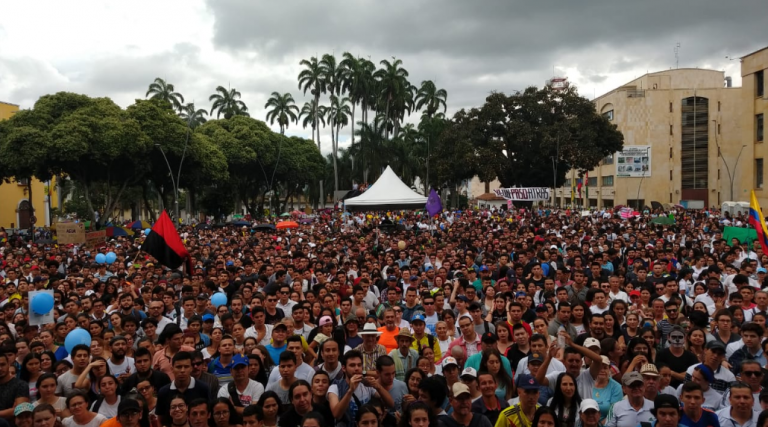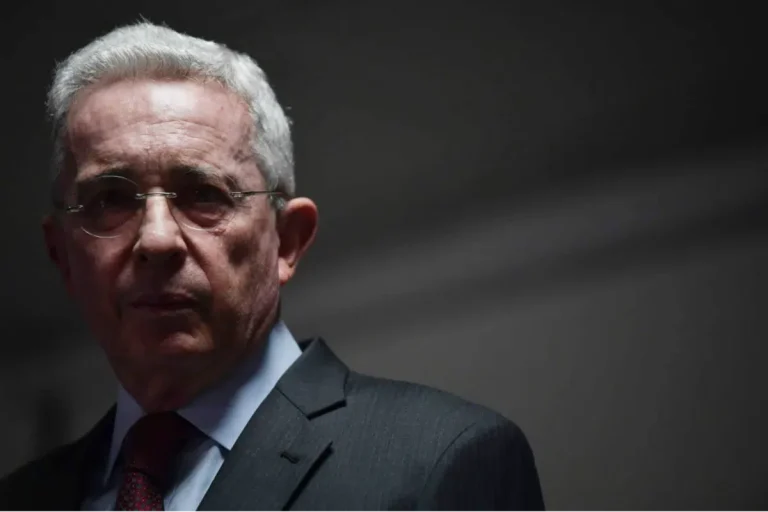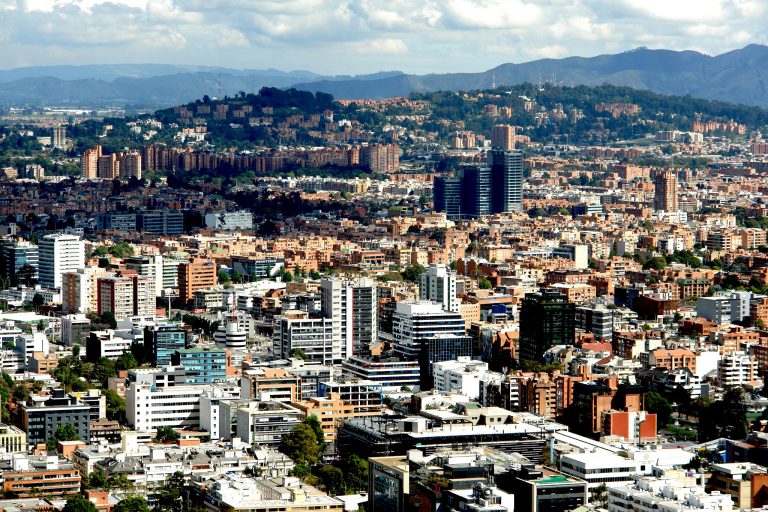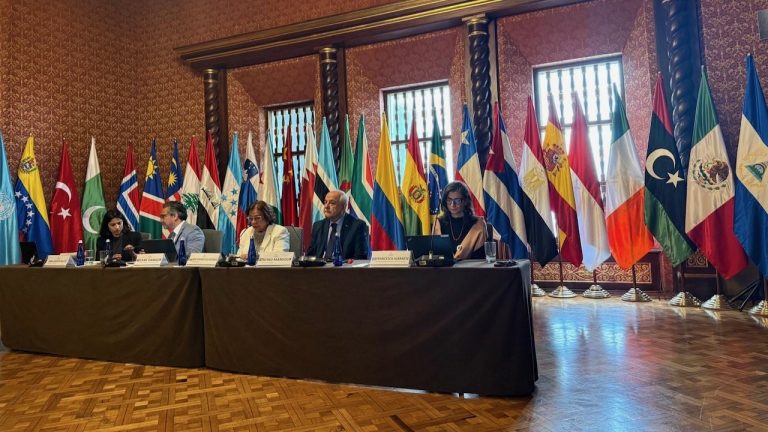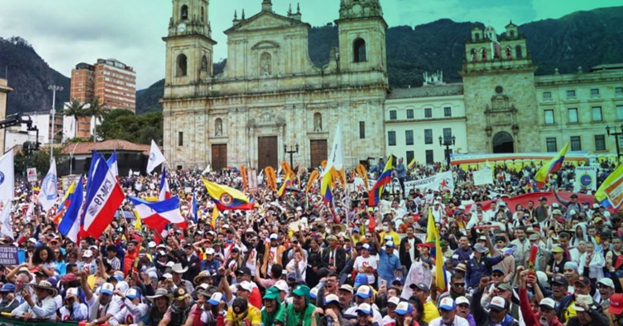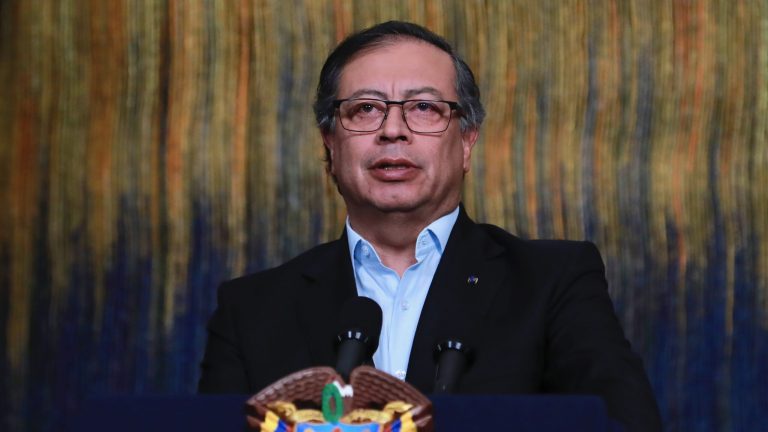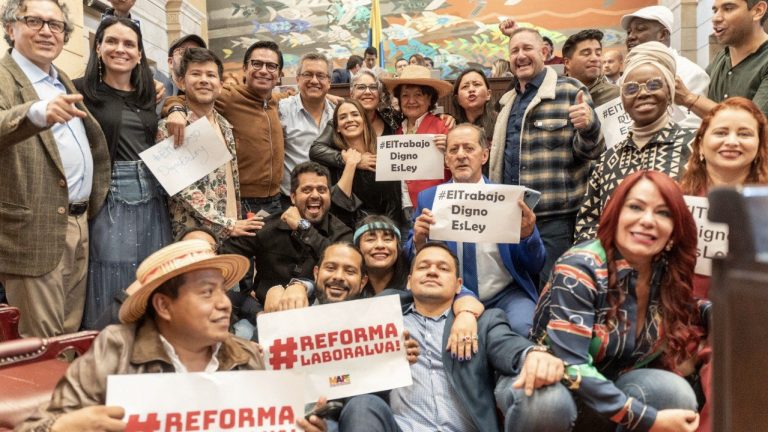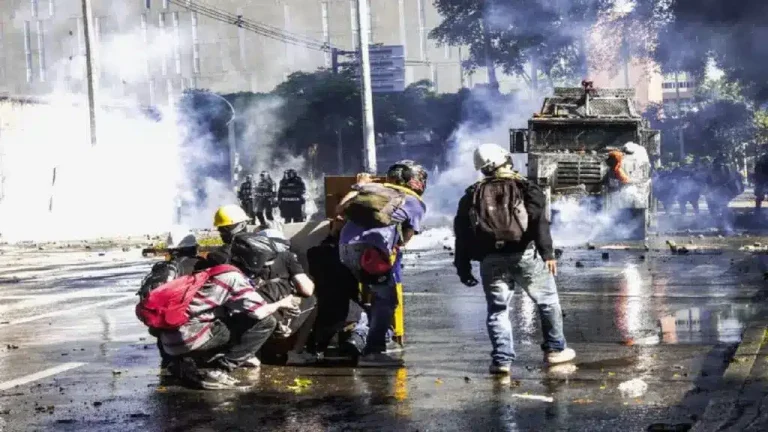Human Rights Obligations At Canadian Embassies Dead On Arrival
Over the winter, hundreds of demonstrators in the city of Bucaramanga, Colombia denounced a Canadian gold mine owned by Aris Mining in the eastern Andean wetlands. They were rallied by the Comité Santurbán, a collective of activists protecting the vulnerable Santurbán watershed, known as a páramo, from industrial mining.
Opposition has been ongoing for at least 16 years. But this past December, members of the Comité were designated by a group supporting the Canadian mine as “persona non grata.” In October, they were labelled as “enemies of progress in Santander” and accused of being responsible for “the deterioration of the country’s heritage”.

